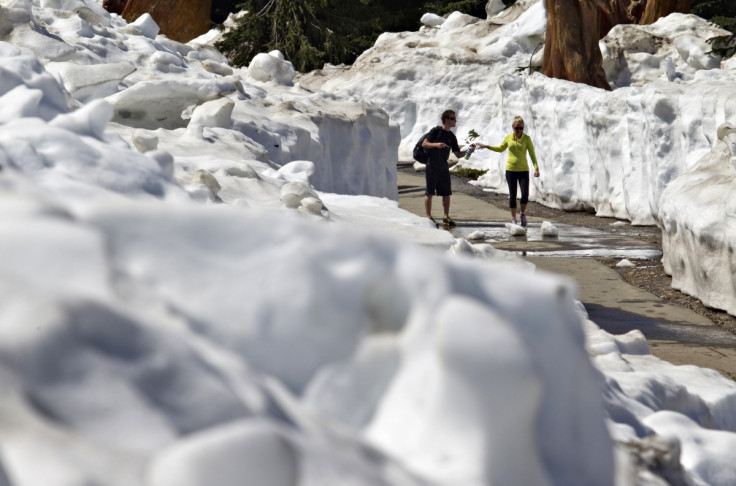Canada avalanche: Five people killed after straying into off-limits skiing area

Five snowmobilers were buried in a "very large, significant" avalanche which may have been triggered by people. According to a team of rescuers, the people killed were near the hamlet of McBride in British Columbia, in an area recommended for skiiers.
Barbara McLintock, a spokeswoman for the BC Coroners Service, said the site of the disaster "is not a resort" area. A helicopter was sent to the scene to help, together with two search-and-rescue teams, who were already at the location, police said.
"They quickly determined there were several persons that were buried," Corporal Dan Moskaluk told the Toronto Sun. "Unfortunately, five snowmobilers are deceased as a result of the avalanche. Their remains have been recovered from the avalanche area."
Canada avalanche: Five snowmobilers die in British Columbia https://t.co/WU4XdhQbVE pic.twitter.com/bWOusxqyrx
— Eye 2 Eye Radio (@eye2eyeradio) January 30, 2016
Rescue crews found out that at least three separate groups of snowmobilers were caught in the avalanche, and they assisted with the rescue of several people throughout the afternoon and searched for people believed to have been buried, the Royal Canadian Mounted Police said. At least six other people were rescued alive from the avalanche area.
Karl Klassen from Avalanche Canada said the "very large, significant" avalanche appeared to have been human-triggered, according to Fox News. According to Avalanche Canada, about 30cm of snow had recently fallen, with windy conditions in the area, combined with mild temperatures, creating an unstable snowpack.
"A fairly significant weather event added rain and snow to the snowpack over the last few days followed by clearing and cooling today," Klassen said in a statement.
"We are a small and mostly tight-knit community," McBride councillor Sharon Reichert said. "We live in a rugged country where many in the community enjoy the outdoors. That comes with danger, and today, our worst fears have been realised."
The worst avalanche in Canada's history is the 1910 Rogers Pass Avalanche, which killed 62 men clearing a railroad line near the summit of Rogers Pass through the Selkirk Mountains in British Columbia.
© Copyright IBTimes 2025. All rights reserved.






















